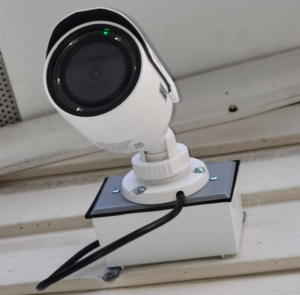Ring Video Doorbell: Who Else Can See Your Videos?
Here at First Response Security, we believe that no two security solutions are the same. That has never been clearer than with Ring, a popular consumer-grade security company, now owned by Amazon, providing a popular DIY option for consumers. Its range of doorbell cameras, indoor cameras, and other surveillance products at a cheap price point have become popular among the suburban community. However, as the adoption of these devices has grown, so have concerns regarding privacy issues. We’ll touch on some of the controversies surrounding Ring, shedding light on the potential risks to user privacy and data security, and looking at some more trustworthy services instead.
Data Collection and Retention
One of the primary concerns surrounding Ring is its extensive data collection practices. The cameras continuously record and store footage, capturing not just suspicious activities but also everyday events. While this information is meant to enhance security, it raises questions about how the data is used, stored, and shared.
Ring’s privacy policy has been subject to criticism, with users expressing unease about the company’s retention of recorded footage and other data. There have been instances of unauthorized access to user videos, leading to concerns about potential data breaches and third-party access to sensitive content.
Vulnerabilities and Hacking Concerns
As with any internet-connected device, Ring cameras are susceptible to hacking attempts. Several instances of hackers gaining access to Ring devices and terrorizing users through the built-in speakers have been reported. Such incidents underscore the need for robust security measures and the potential risks of relying heavily on consumer-grade surveillance devices.
Ring has taken steps to address these security concerns, such as two-factor authentication and email notifications when login credentials change. However, users must also play a proactive role in safeguarding their devices by using strong passwords and keeping their firmware updated.
Data Sharing with Third Parties
Ring has faced criticism for sharing user data with third-party companies without explicit consent. While some data sharing is necessary for the functionality of certain features, such as video storage through Amazon Web Services (AWS), concerns have been raised about the breadth of data shared and the lack of transparency.
The integration of Ring products with other smart home devices and services could lead to potential data amalgamation, allowing companies to create extensive profiles of users. These profiles could be used for targeted advertising or other purposes, raising questions about data ownership and user control.
Did we mention that Ring paid $5.8 million to customers because employees were found spying on people through their Ring cameras?
Conclusion
Though the convenience of Ring is undeniable, there are many risks that one takes when relying on a consumer-grade systems for their security. Whether it’s outdoor, indoor, or a simple doorbell, no one should take shortcuts when buying security. That’s why First Response Security is your one stop shop for Professional-Grade Security. That means no hacks and no third-party sharing. Just professionally installed, professionally monitored system, along with private security response. Whether you are looking for a whole system, or just a monitored doorbell camera (check out our new VX1 Video Doorbell) we got you covered! Call 503-207-5300 today!
As consumers, it is essential to be aware of these issues and make informed decisions about the trade-offs between convenience and privacy. Industry regulations and user advocacy can play a vital role in holding companies like Ring accountable for safeguarding user data and ensuring transparent practices. Only through a combined effort can we navigate the future of smart home security in a privacy-conscious manner.




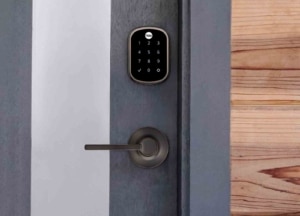
 y, which can help you save on energy costs.
y, which can help you save on energy costs.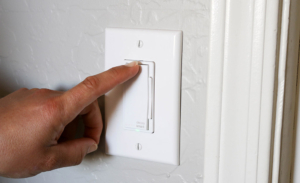 Color: white with a light almond paddle included
Color: white with a light almond paddle included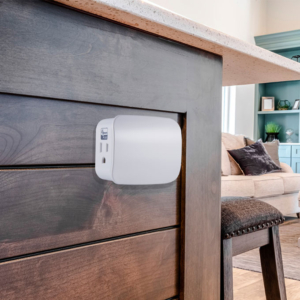

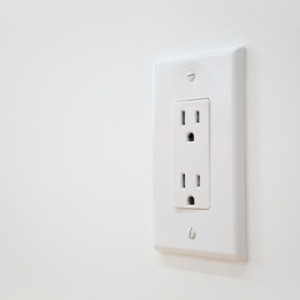 s provides the connected convenience modern lifestyles demand. The smart dimmers, switches, and outlets connect to a control panel to provide home automation from the Total Connect app, or to all popular voice assistants.
s provides the connected convenience modern lifestyles demand. The smart dimmers, switches, and outlets connect to a control panel to provide home automation from the Total Connect app, or to all popular voice assistants.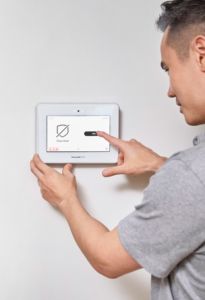

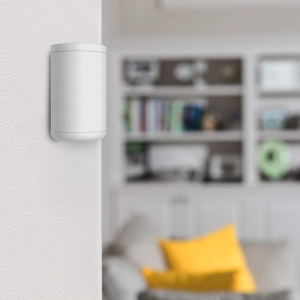

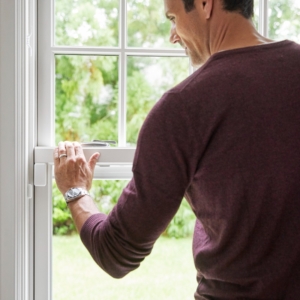
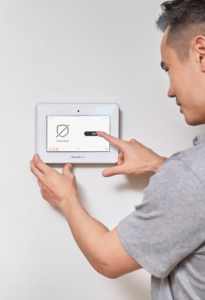 Backlit Display: Yes (times out after 5 Minutes when AC power is lost)
Backlit Display: Yes (times out after 5 Minutes when AC power is lost)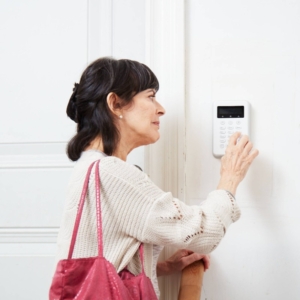 Backup Battery: 24-Hour, 7.2V, 6x600mAh, NiMH
Backup Battery: 24-Hour, 7.2V, 6x600mAh, NiMH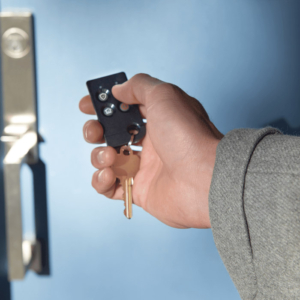

 Our smoke and carbon monoxide (CO) detector is a two-way, professionally monitored, wireless, combination smoke/heat and CO detector. More advanced than a standard battery-operated smoke detector, it provides true multi-threat detection and can react faster to real danger. Our combo detector also audibly announces the threat so young children and other family members know what to do.
Our smoke and carbon monoxide (CO) detector is a two-way, professionally monitored, wireless, combination smoke/heat and CO detector. More advanced than a standard battery-operated smoke detector, it provides true multi-threat detection and can react faster to real danger. Our combo detector also audibly announces the threat so young children and other family members know what to do.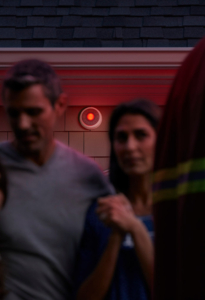
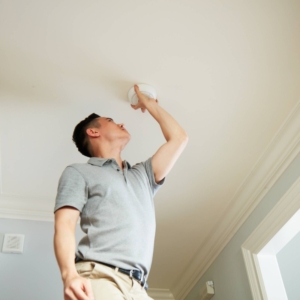 One-Go-All-Go: Yes
One-Go-All-Go: Yes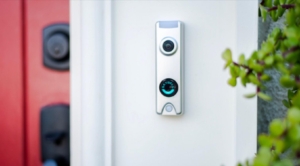
 Image Sensor Type: CMOS
Image Sensor Type: CMOS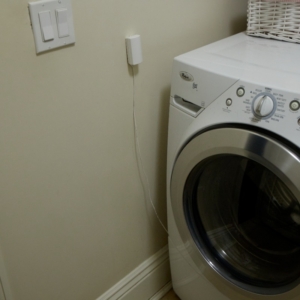 RF Frequency: 2:4 GHz
RF Frequency: 2:4 GHz